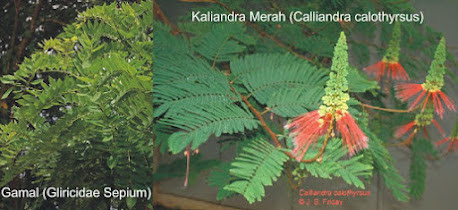According to the United Nations, the global population is predicted to reach 9 billion people by 2050. The food sector is looking for a solution to the protein deficit due to per capita protein demand and population growth. Insects are a source of protein that is promoted in both feed and food. The nine billion people who are predicted to live on planet Earth in 2050, need an additional 250 million tons of protein per year, an increase of 50% compared to today. And according to the FAO, crickets need 6 times less feed than cattle, four times less than sheep, and twice less than pigs and broilers to produce the same amount of protein. A number of insect breeding companies have sprung up, especially in Europe for the production of protein from these insects, and there has even been an organization specifically formed for this, namely IPIFF (International Platform of Insects for Food and Feed). About a third of the production of these insects is for food and two-thirds for protein sources of feed. Will we Muslims be raising insects instead of sheep for protein sources? As Muslims, we shouldn't have to eat crickets to get protein intake as is widely promoted in the west. The types of insects permitted to be bred by the European Commission for this purpose include only 7 species of insects, namely 3 types of crickets, 2 types of caterpillars and 2 types of flies. We choose halal Thaiban, namely mutton and lamb.
Consumption of goat-lamb meat per capita in Indonesia is still very low, which is less than 1 kg per year and this could be only during Eid al-Adha or Eid al-Qurban. Of course this is very concerning, so its consumption needs to be increased. Even though this lamb meat is the best meat and the Prophet Muhammad liked it. Protein is one of the important elements for human food and more specifically lamb and goat meat as a source of protein has its own advantages, for more details read here. In a hadith the Prophet Muhammad SAW also ordered his people to keep these sheep because of blessings. These goats and sheep are closely related to the Muslim worship practices, namely aqiqah and qurban which are part of Islamic law (shariah) until the Day of Judgment, so that raising sheep and goats also has many virtues.
"Take care (use) by you goats because in them are blessings." [HR Ahmad]
"No prophet was sent except that he shepherded the goats. The friends ask, are you too?". He replied, "Yes, I used to herd the goats of the residents of Mecca for a few qirath wages." [HR. Al Bukhari, no. 2262]
Abu
Hurairah r.a. said: "Once served to the Prophet Shallallaahu 'alaihi
wasallam a bowl of porridge and meat. So he took part of the arm (of the
meat), and that part was most liked by the Prophet Muhammad
Shallallaahu 'alaihi wasallam." (HR. Muslim)
Abu Hurairah radhiyallahu 'anhu narrated, "The Prophet Shallallaahu 'alaihi wa sallam was served meat. The leg (of that meat or thigh) was given to Him. The Prophet Shallallaahu 'alaihi wa sallam liked it, so he took a bite of the meat." (HR. Bukhari and Muslim)
With the development of energy plantations or legume plantations, sheep and goat farming can be increasingly encouraged. The main problem in the form of feed availability and more specifically the source of feed protein becomes easy to overcome. Thus, large capacity farms are also very likely to be developed, because the demand for goat and sheep meat is also very large. In addition, Indonesia's palm oil plantation area which reaches 15 million hectares is also potential for livestock, especially sheep, for more details read here. From this it can be concluded that in anticipation of the population growth, Muslims should be serious about raising these goats - sheep.








No comments:
Post a Comment